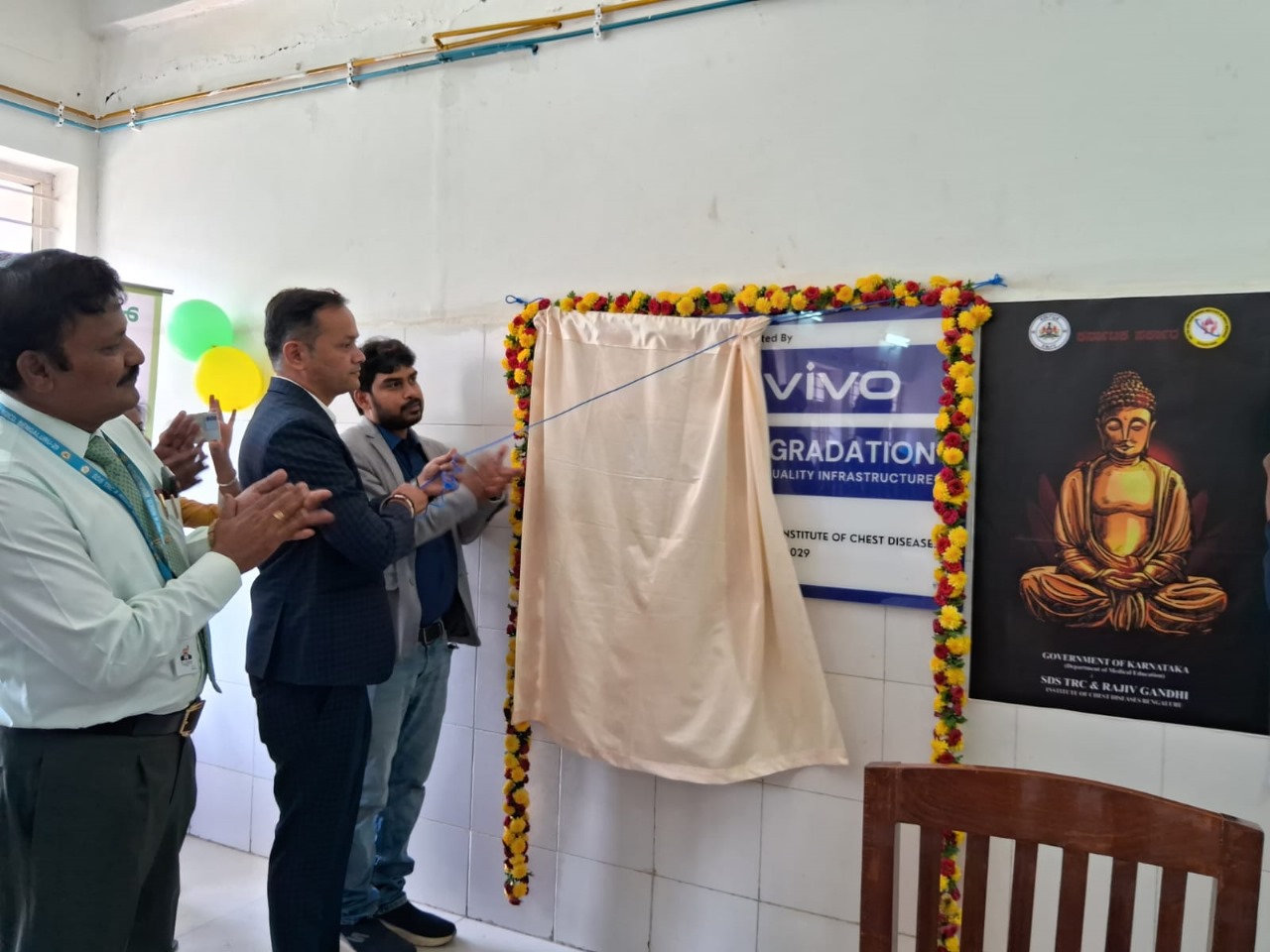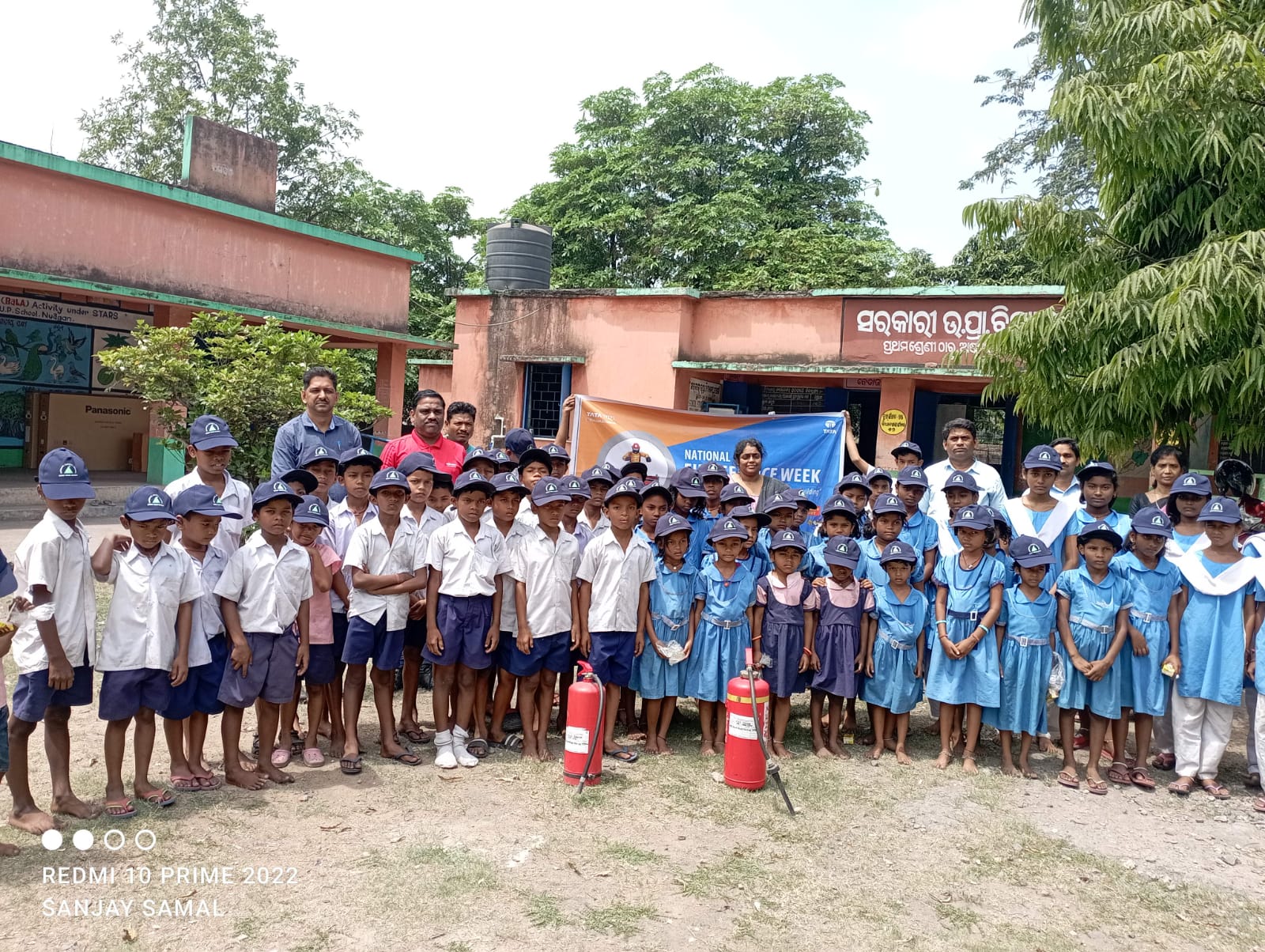Subscribe our Weekly Newsletter
Call for Papers Invited for YCR Summer Research Program 2022

Organization Name: Youth Center for Research (YCR)
Apply By: 15 Jun 2022
Location:
Presentation Date: 01 Jan. 1970 - 01 Jan. 1970
About the Organization
The Youth Center for Research (YCR) is an aspiring youth-led think tank based in Pakistan. It was established to encourage and engage youth in research, dialogue, policy analysis and advice on a range of socio-economic and political issues. The center is a response to the present demographic makeup of the country which is overly dominated by the youth. This domination needs urgent translation into effective voice to partake in the development process essential to ensure countries’ socio-economic and political take-off.
About the Program
Education for the 21st century recognizes that we are living through a period of rapid change to which education systems need to constantly respond. This entails equipping the students and the coming generations with the skillsets in view of the changing needs of the society and the labor market. This at length also demands understanding the science of learning to better comprehend and develop educational relevance, enable inter-disciplinary transfer of knowledge, and nurture the ability of the students to become lifelong independent learners.
This central emphasis on education defines its significance to development and to the improvement of human lives, including young people, globally. Therefore, education has almost always been identified as a priority area in internationally agreed development goals, such as SDG 2030 agenda. Undoubtedly, education is important in eradicating poverty and hunger and in promoting sustained, inclusive, and equitable economic growth. Increased efforts towards education accessibility, quality and affordability are, therefore, central to global development efforts.
With the growing emphasis on the 21st century skillset, it is unfortunate that almost 400 million children globally cannot read. This amounts to nearly half the children in developing countries whose enrolment in schools is not translating into the development of their foundational skills. The magnitude of this problem urged UNESCO in 2013 to declare the situation as a global learning crisis. Similarly, the World Bank recently introduced a Learning Poverty Index to measure the ability of the children to read a simple sentence by the age of 10. Although this learning crisis is a global issue in its manifestation, its intensity varies across countries.
Over the past 200 years, the world at large has achieved unprecedented levels of student enrolment across all levels of education. David P. Baker explains this phenomenon as a “schooled society”. However, the focus on enrolment has come at the expense of quality education evident by students’ compromised learning. This is particularly alarming in Asia and Africa, where students spend 4 or 5 years in primary education and still lack basic numeracy and literacy skills. Many children begin to fall behind on learning by Grade 3 before they even master foundational skills, which makes it highly unlikely for them to catch up later.
The challenge is later also manifested in high youth unemployment as well which is affecting almost 68 million young people around the world with almost 13.8%youth unemployment rate. According to World Economic Forum, youth employment around the world in 2020 dropped by further 8.7% due to Covid-19.
Objectives:
With 21st century expectations on one hand, along with the baggage of substandard current education systems and colonial institutional history (in some cases), provision of quality education requires attentions to various constituents. These constituting elements entail curriculum, pedagogy, teacher qualification, school environment, assessments, students’ readiness to learn and broader aspects of governance, conflicts, human geography, and international relations.
In view of the pressing challenges facing education across all levels, policy makers need to consider more players to rework and re-configure their policy networks for effective policy making and execution. One such potential group is young advocates and change makers who need to be taken on board to understand educational crises and spearhead change for sustainable human progress.
For more information please check the Link
Latest Online Store
Latest Tenders And EOIs
Latest News
© Renalysis Consultants Pvt Ltd


























